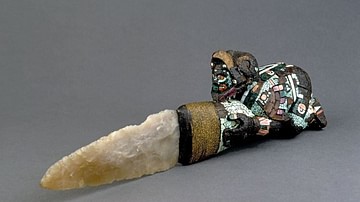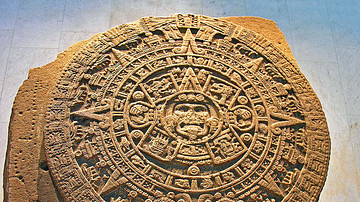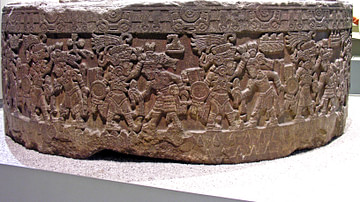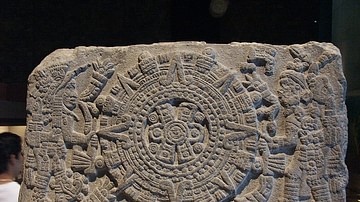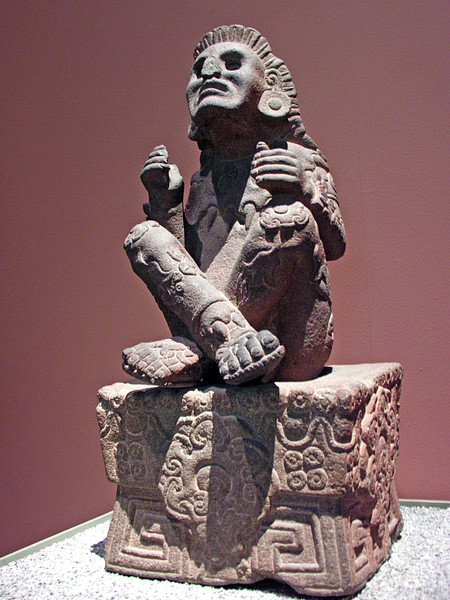
Xochipilli or the 'Prince of Flowers' was the Mesoamerican god of summer, flowers, pleasure, love, dancing, painting, feasting, creativity and souls. He is a benevolent manifestation of Piltzintecuhtli, the young sun god who was himself a manifestation of Tonatiuh, the supreme sun god of Mesoamerica. The god is closely associated with the corn (maize) god Centéotl and was sometimes referred to as the 'Corn-flower Prince' or Centéotl-Xochipilli, the 7th Lord of the Day. For the Aztecs he could also appear as Ahuiatéotl, the god of voluptuousness and he was also associated with butterflies, poetry and the 11th of the 20 Aztec days: Ozomatli (Monkey). He was considered one of the Ahuiateteo, the gods of excess, and for the Zapotec he was Quiabelagayo. Generally speaking, though, he was thought of as something of a youthful and care-free pleasure-seeker, perhaps with a playfully mischievous streak.
Xochipilli may have origins in the earlier Mesoamerican god worshipped at Teotihuacán during the Pre-Classic to Classic Period who is known simply as the Fat God. In Aztec mythology Xochipilli has two brothers Ixtlilton (the god of health, medicine and dancing) and Macuilxóchitl (the god of games). As a group this good-time trio represented health, pleasure and happiness. The god also has a sister (or female counterpart), Xochiquetzal.
Particularly worshipped at Xochimilco, the most common offering to the god was corn and during his festivals, which were held in the early growing season and during Tecuilhuitontli (the 8th Aztec month), pulque (the alcoholic beverage made from the maguey or agave plant) was copiously drunk. Statues of the god were also frequently decked out with flowers and even butterflies.
Perhaps the most famous representation of the god in art is the Late Post-Classical Period (1450-1500 CE) statue, a masterpiece of Aztec sculpture, now residing in the National Museum of Anthropology in Mexico City. The statue is 1.2 metres high and has Xochipilli seated on a temple platform (or perhaps a drum) which is decorated with butterflies, flowers and clusters of four dots representing the sun. Xochipilli is wearing a mask and is himself covered in flowers from psychotropic plants, hallucinogenic mushrooms and animal skins. Cross-legged and care-free the god is portrayed happily singing and playing his rattles, a vibrant symbol of all the good things in life.
